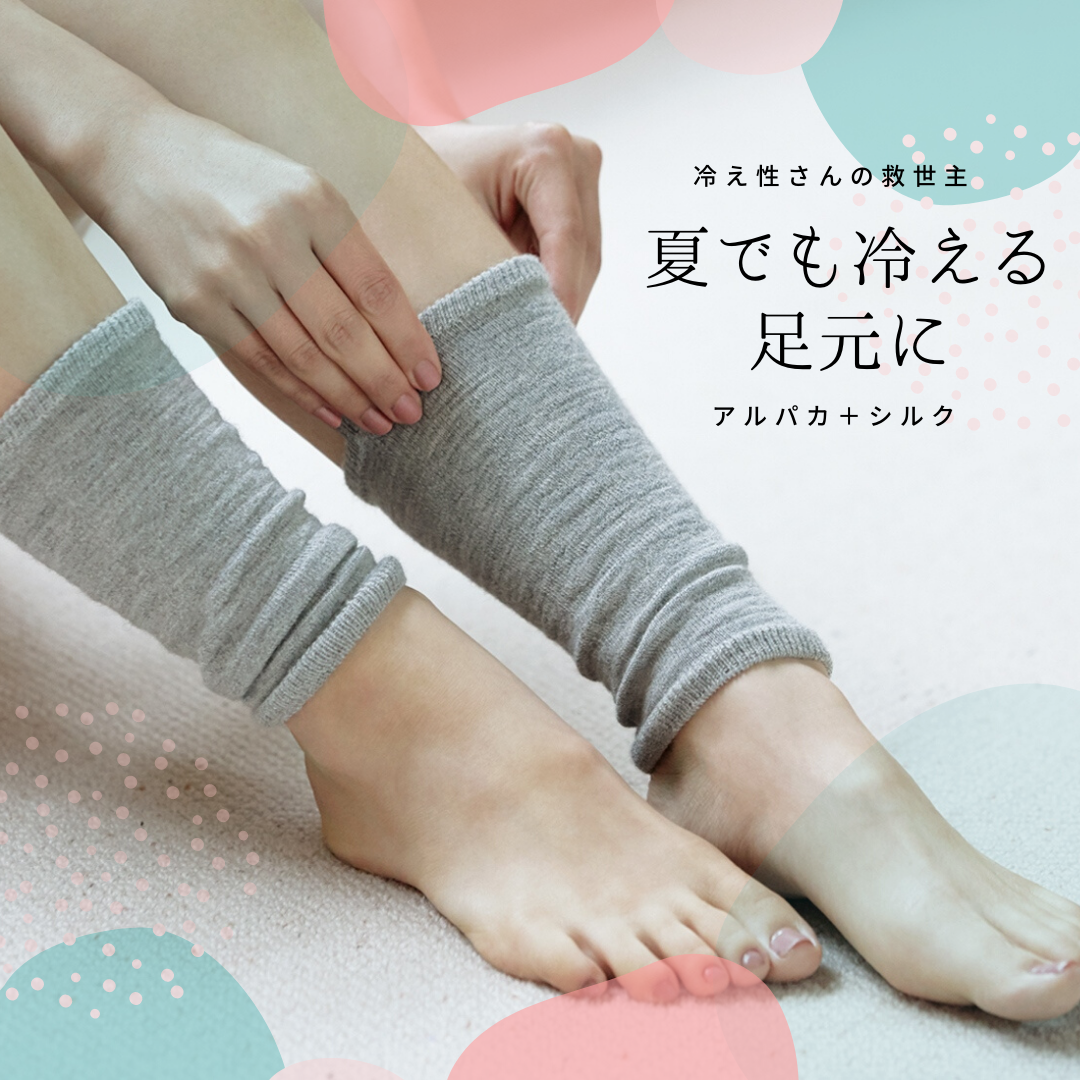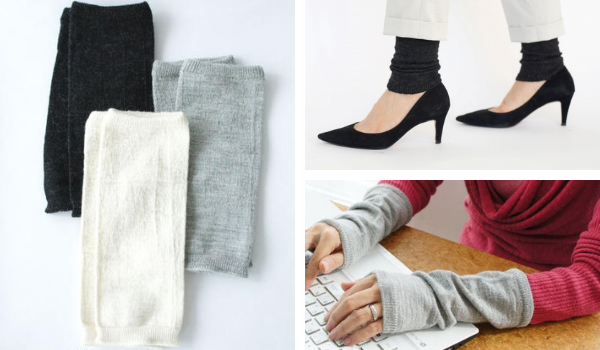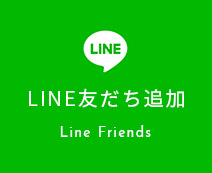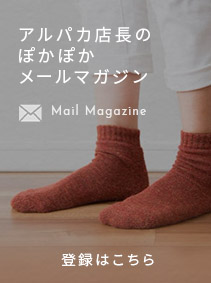Reiko from Peru #13 貧しさ(2)~ペルー在住鏑木玲子さんのエッセイ~
Poverty (2)
I have been hearing that those who live on highlands in Peru have everything but money. When I visited Rosa Pajuelo’s family, I understood a little. They live in Huanuco in a vast land with five cows from whom her mother makes cheese maybe at least once a week. It was towards the end of the rainy season and the land was all green. What we ate together was potatoes, fermented potato soup and boiled potatoes. We ate potatoes with the cheese that Rosa’s mother made. There was no electricity and water was from a small stream in the land. During dry season, her mother has to go to a little far to the river to get water. I’m not sure what else they have except potatoes and cheese. I’m sure they are doing more vegetal productions.
貧困(2)
ペルーの標高の高い山の上に暮らす人たちは、現金以外の生活に必要なものはもっているとよく聞きます。ローサ(ムへレスウニダスのメンバー)の家族を訪問したとき、それが少しわかりました。ウアヌコという広大な土地で、牛5頭がいて、ローサの母は少なくとも週に1度チーズを作っています。訪問した時は雨季の終わりで、土地は緑で覆われていました。私たちが食べたのは、じゃがいもと、じゃがいもを発酵させて作られたスープ、そして茹でたじゃがいもでした。ローサの母親が作ったチーズをつけて食べました。電気はなく、水は小さな小川から汲んできたものでした。乾季の間、彼女はさらにもう少し先の川まで水を汲みにいかなければならないそうです。彼女たちがじゃがいもとチーズの他に何を食べているのかわかりません。でも他の野菜の栽培もしていることは確かです。
Her family live at about 45minutes’ drive from their village called La Union. They can buy everything necessary there, but it is only if they have money. I heard that they sell animals when they need money. Young people cannot tolerate that way of life and come to big cities, and most of them seem to come to Lima. The señoras of our workshop are mostly the people like that.
ローサの家族が住むのは、ラウニオンという村から車で45分のところです。必要なものはそこで買うことができます、現金さえあればですが。お金が必要な時は、動物を売るのだと聞きました。若い人たちはそうした生活に耐えられず、大きな街におりてきます。そのほとんどはリマに来ているようです。私たちの作業場で働く女性たちもほとんどがこうして来た人たちです。
They come to Lima without money and without job. There are two señoras whose husbands didn’t have a job and they worked as carriers of items in a market from four or five in the morning till the afternoon. Wives had small children and couldn’t go out to work. They got to know about our workshop and joined us. We were lucky as they were very good at knitting and they learned embroidery quickly. They have sisters in the area and they also joined us.
こうした人たちは、現金も仕事もないままリマに来ます。ムへレスウニダスの女性のうち2人の夫は、手に職がなく、4時や5時といった早朝から午後まで、市場の荷物の運び人として働いていました。小さい子供をもつ女性達は働きには行けません。そして私たちの作業場でのことを聞き、訪ねてきたのです。彼女たちは編み物がすでによくでき、刺繍も早く習得したので私たちも幸運でした。彼女たちの姉妹もこの近くに住んでいて、その後同様に作業場に来るようになりました。
Most of those people sometimes cannot buy what they need for their children’s school items such as notebooks, ball pens, text books and other necessary things. When they came, they had to build their houses, they had to make a line as early as four in the morning to get water of the day, and so on. It’s a long walk to go to the market from their houses and now they take motor-taxis, but at the beginning they had to walk. They know that they had to prepare nutritious food, but it was very difficult to do so. They need clean clothes, but it was and is not easy for them. When we have visitors, I ask them to bring used clothes and shoes. When I come back from Japan I bring back used clothes that my sister bought in a bazaar. Sometimes they are wearing worn out shoes, and they don’t have enough socks. I notice these days, though, that more members of our workshop are wearing new clothes.
こうした人たちの多くは、ノートやペン、教科書などの学校に必要なものを買えないことがあります。作業場に来だした頃は、住む家を建てなければいけず、水を得るために朝4時から列をつくって並ばなければなりませんでした。彼女たちが住むところから市場までは遠く、今はモーターバイクのタクシーを利用しますが、以前は歩いて行かなければなりませんでした。栄養のある食事を用意しなければいけないとわかっていてもそうするのは難しかったのです。洗った洋服が必要だとわかっていてもそうするのが難しかったし、今でも難しいのです。作業場を訪れる人がいる時には、私はよく古着や靴を持ってきてもらうよう頼みました。私が日本に一時帰国して戻ってきた時も、妹がバザーで買ったという洋服を持って帰りました。時々彼女たちはボロボロになった靴を履いていて、靴下も十分持っていません。しかし最近は、より多くのメンバーが新しい洋服を着ていることに気が付きました。
In most of the families of our workshop members, children are not wearing clothes with holes. When I started this work more than ten years ago, I sometimes hesitated to be very close to them to teach stitches or to talk, as they had bad smell, but now I don’t notice it very much. They change clothes more often and wash themselves also. I don’t ask what they eat, but no one of them or children look undernourished and their children look good.
ムへレスウニダスのメンバーのほとんどの家族の子どもは、穴のあいた洋服を着ていません。10年以上前私がこの活動を始めた時、においが気になり、編み方を教えたり話したりする時に彼女たちに近づくのをためらうことがありました。でも今はほとんど気になりません。より頻繁に着替え、洗濯をするようになったのです。何を普段食べているのか聞きませんが、メンバーの子供たちは、栄養不足のようには見えず、健康に見えます。
I wrote sometime ago that more señoras use lipsticks these days. I’m glad that they have room in their mind to think about their own beauty. Some people say “Oh…………..” when I say that I work in Carabayllo that is famous for poverty. I have a very bitter experience that the people of my apartment think that those women who come to help me clean my place could be the robber of clothes they lost. Their suspicion is only because they are poor. They are trying very hard to live better, to give more education to children. There are poor and bad people, but our workshop members are not among them.
少し前に女性達がリップスティックを使い始めたことについて話しました。私は彼女たちが自分の美容について考える余裕ができたことを嬉しく思います。貧しいことで知られているカラバイヨで仕事をしていると話すと、時々「おぉ、、、、、」と反応されます。とてもいやな思いをしたのは、私と同じ建物に住む人達が、私の部屋の掃除を手伝いに来るムへレスウニダスの女性を、自分が失くした洋服の泥棒だと疑っていることです。彼らは彼女たちが貧しいからというだけで、疑ってかかるのです。彼女たちは、よりよい生活のために、子供たちにより良い教育を受けさせるためにと頑張っています。もちろん貧しく、悪いことをする人たちもいます。でも私が一緒に仕事をしている女性達はそうした人たちではありません。
I’m supporting a girl to study at a professional school. I would like to find more chances for more children for higher education after secondary school. They need better education to come out of the poverty in which their parents have been struggling to materialize the dream with which they came out of their parents’ house.
私は今、一人の女の子(ムへレスウニダスメンバーの娘)が専門学校に行けるように支援をしています。義務教育の後の教育の機会が、もっと多くの子供に開かれるようにと思っています。故郷を離れて夢をかなえようともがいてきた親達の貧困から抜け出すためには、子供たちにはよりよい教育が必要なのです。











